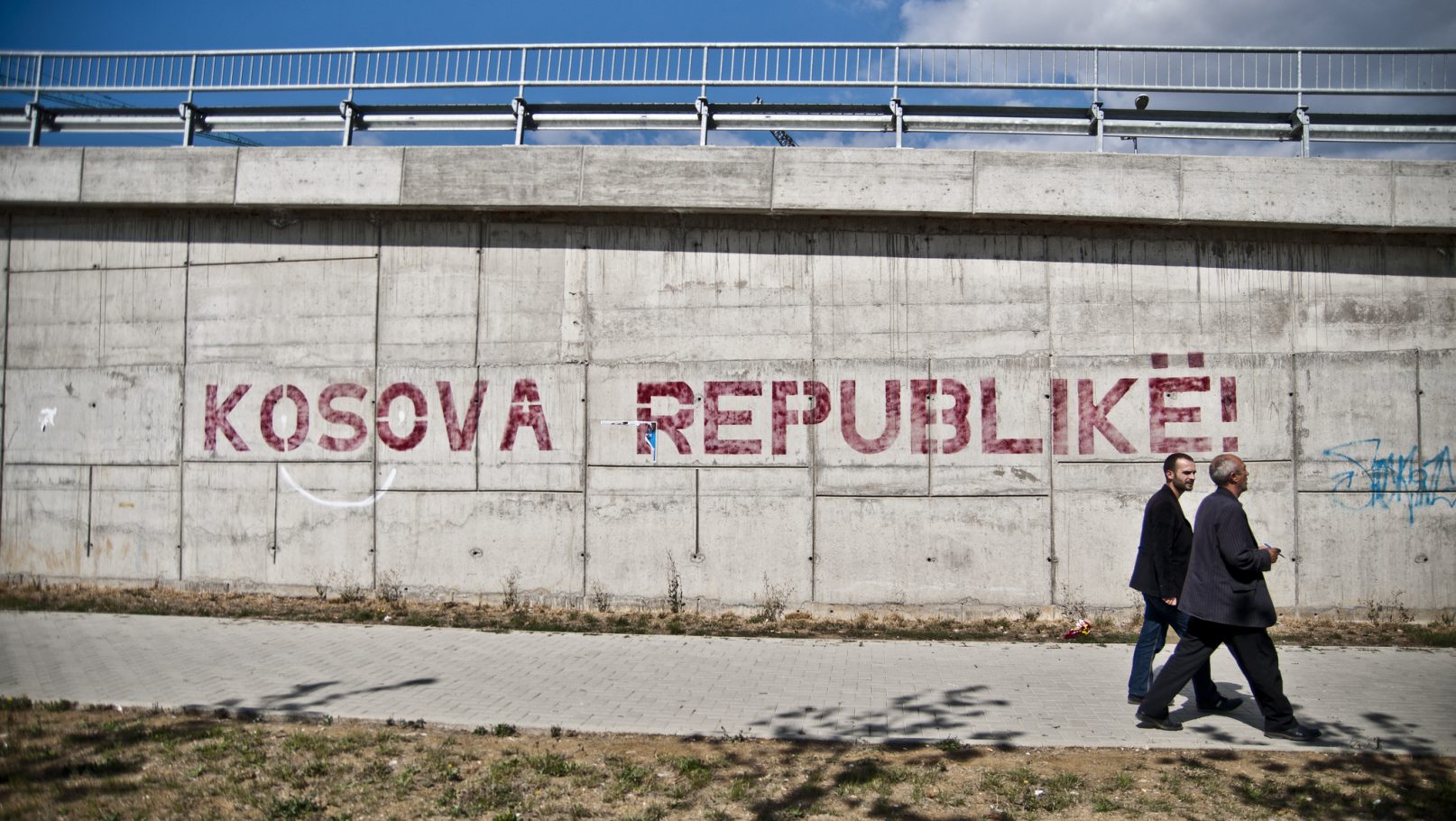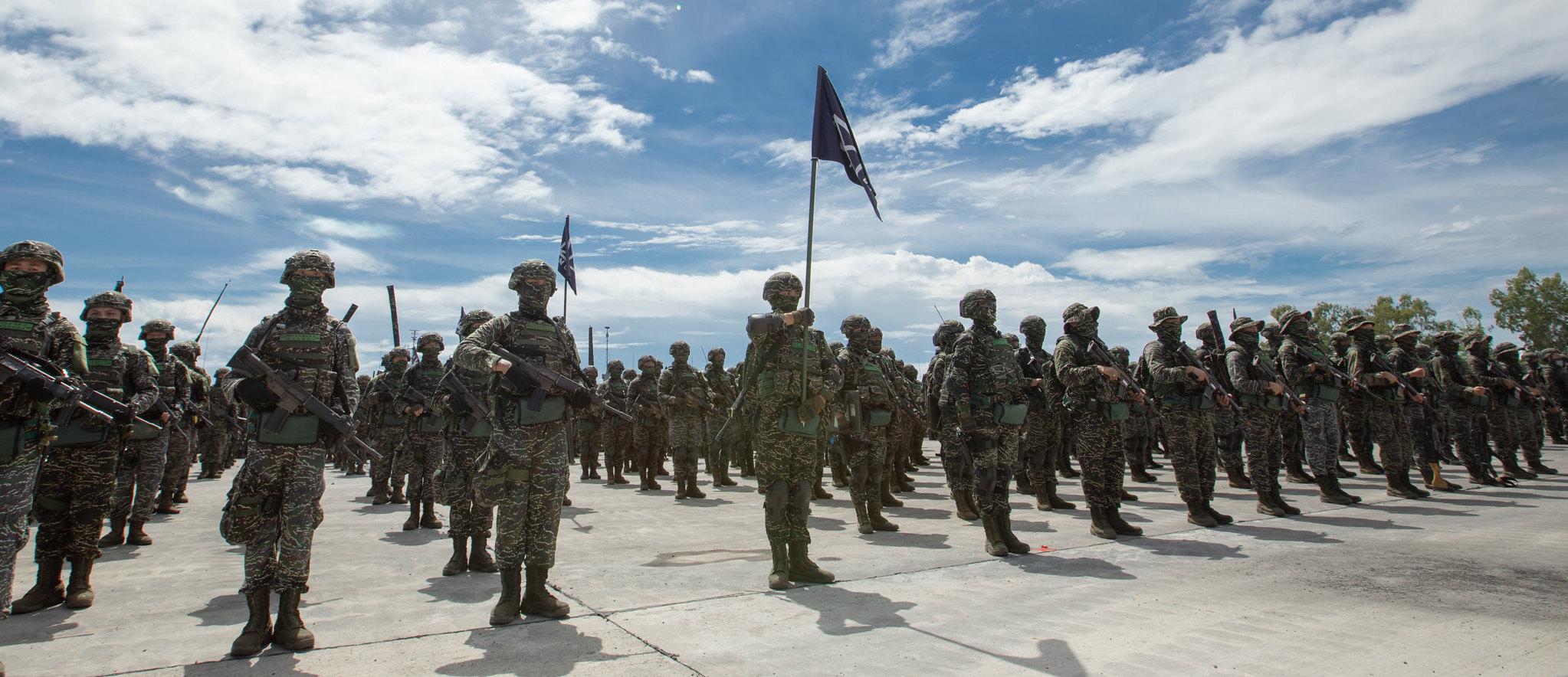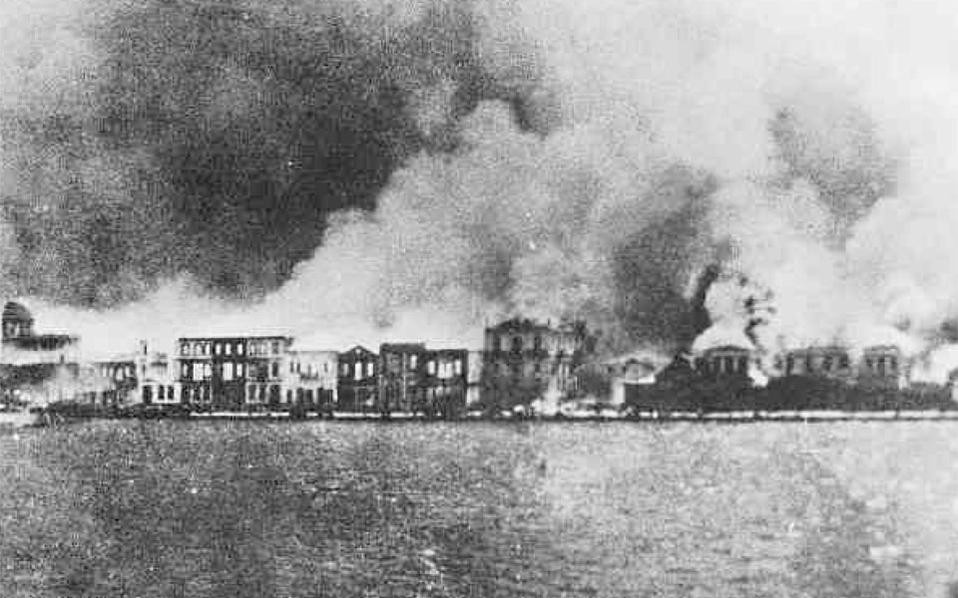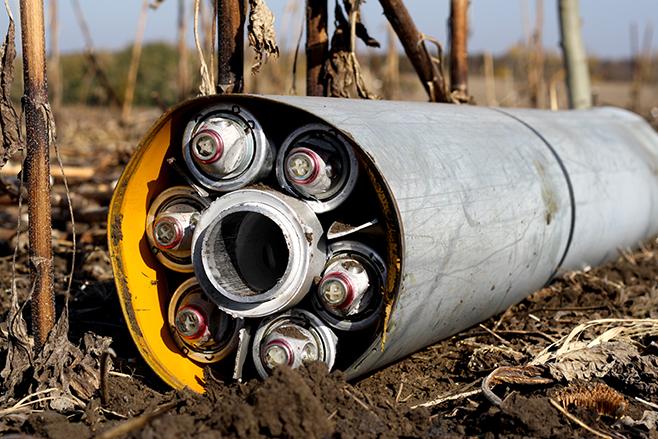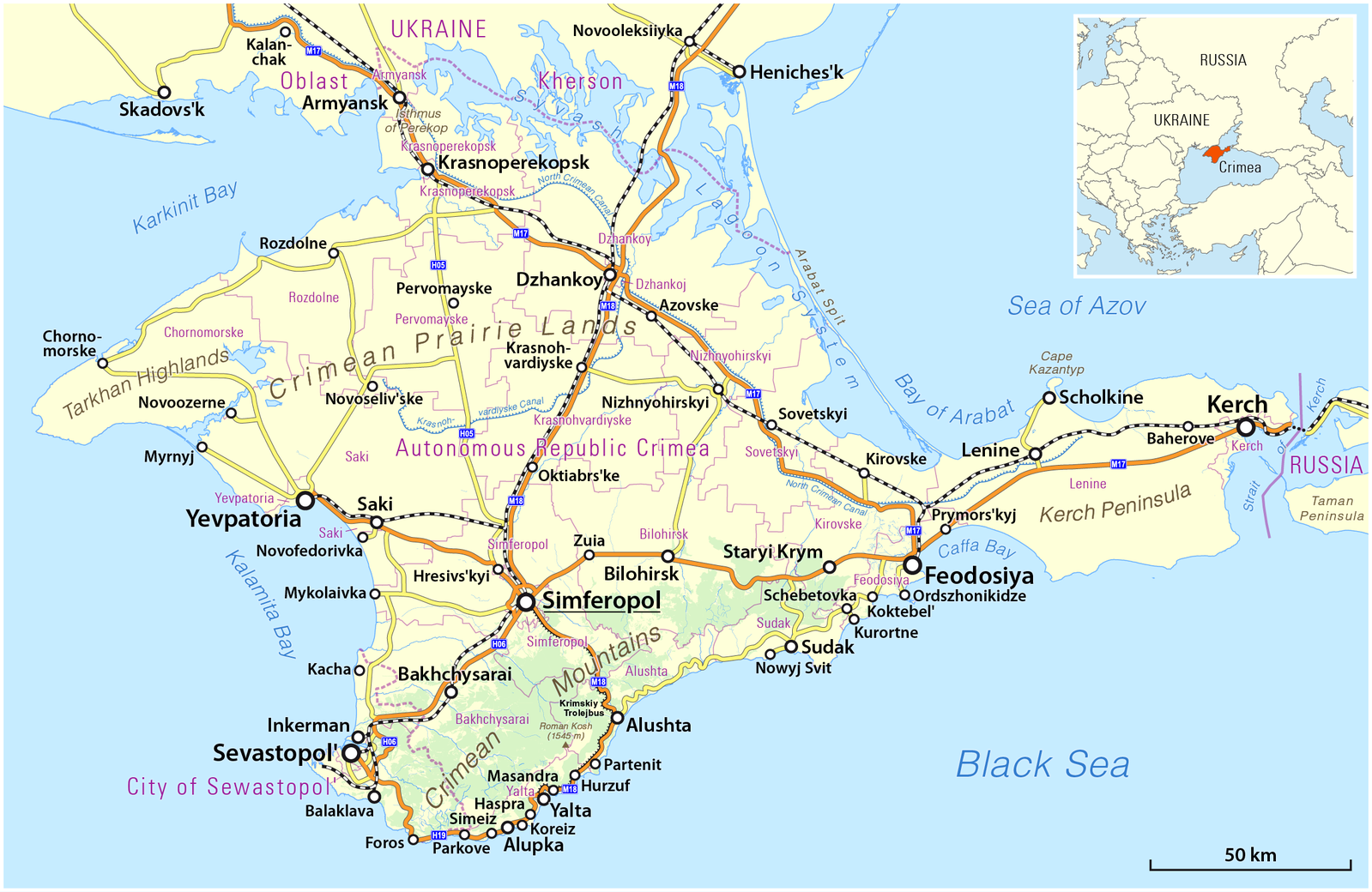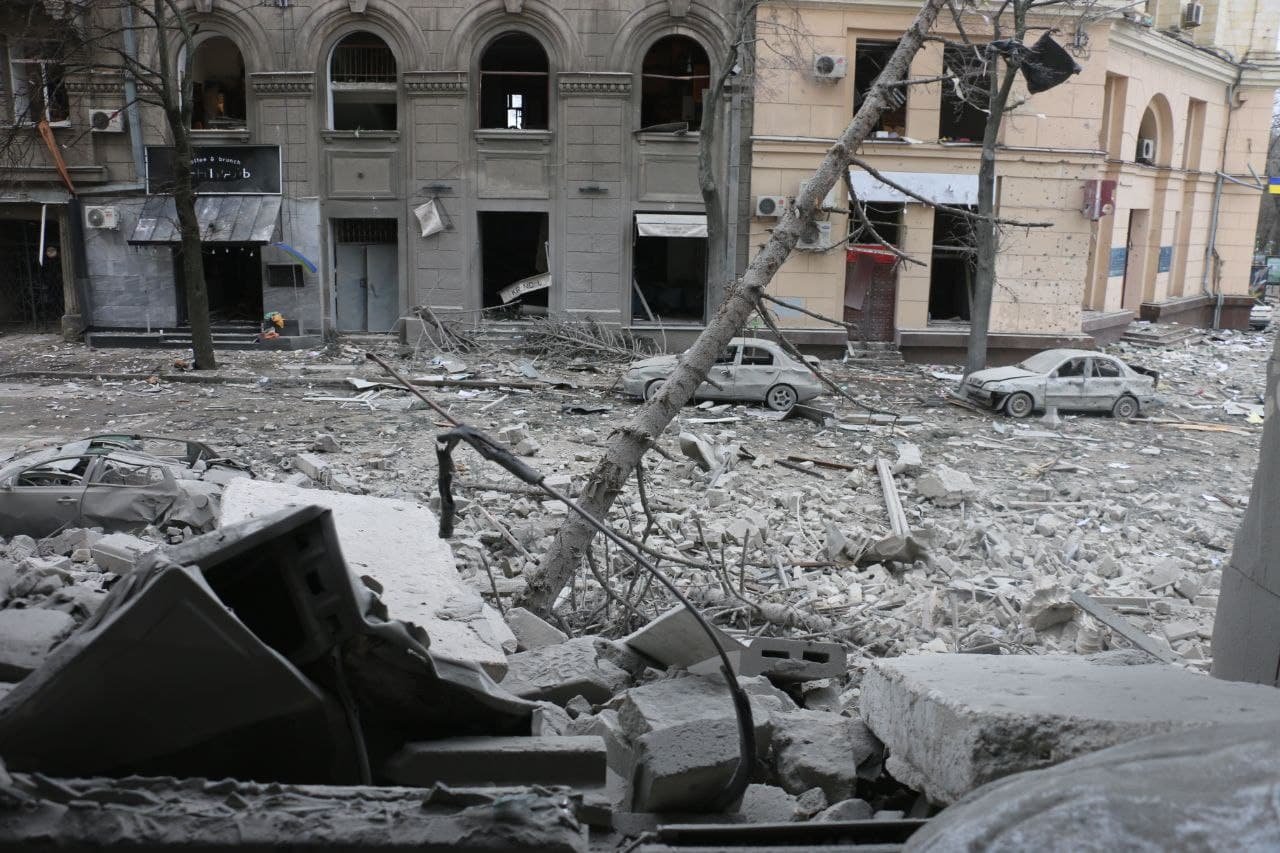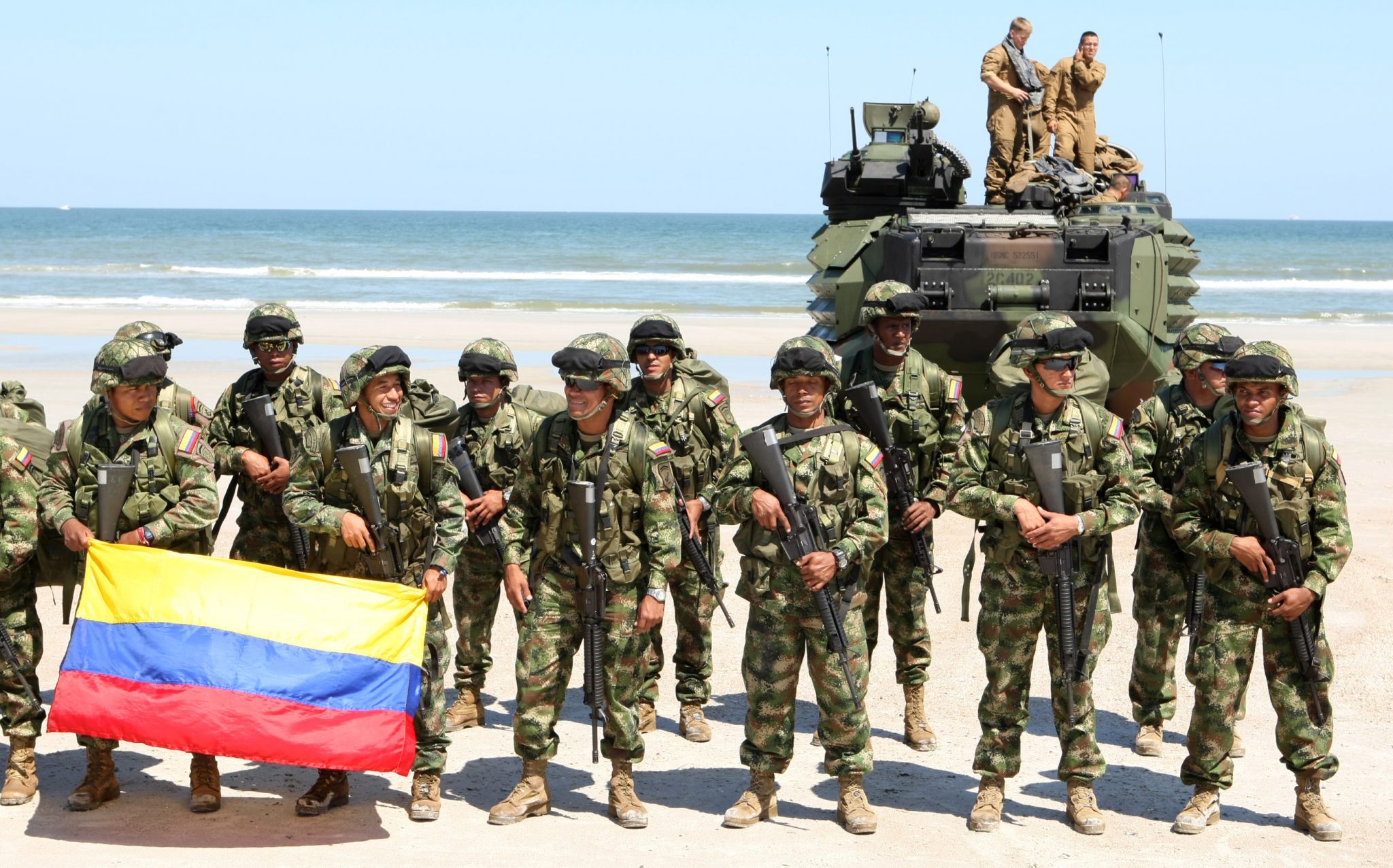Podcast: Belarus and nuclear escalation
In Episode 167 of the CounterVortex podcast, Bill Weinberg examines Putin’s plans to place tactical nuclear weapons in Belarus. The Russian strongman’s dubious justification for the move is the UK’s decision to supply depleted uranium shells to Ukraine. Depleted uranium is indeed sinister stuff—but Russia itself has been already using DU weapons in Ukraine for over a year now! Russia’s reckless occupation of the Zaporizhzhia power plant also represents a far more serious escalation on the ladder of nuclear terror than the use of DU. Putin further claims he is merely countering the NATO tactical nuclear weapons stationed in Europe. But NATO’s warheads are stored in underground vaults, to be loaded onto plane-dropped gravity bombs if the Alliance makes a decision for their use. In contrast, Moscow has already placed nuclear-capable tactical missiles in Belarus—as well as in the Russian exclave of Kaliningrad, bordering NATO members Poland and Lithuania. If these were armed with warheads, it would represent a dramatic escalation in hair-trigger readiness. Additionally, Belarusian dictator Alexander Lukasheno has now broached actually having Russian strategic ICBMs placed in his country. The civil opposition in Belarus has been effectively crushed in a wave of mass repression over the past three years—but an underground resistance movement is now emerging. This struggle finds itself on the frontline of the very question of human survival. Listen on SoundCloud or via Patreon. (Map via PCL Map Collection)






